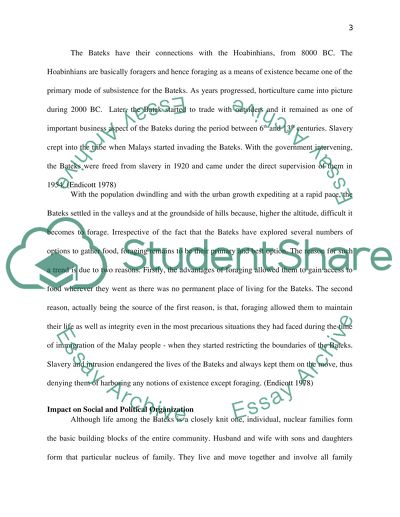Cite this document
(“Batek of Malaysia Research Paper Example | Topics and Well Written Essays - 1500 words”, n.d.)
Retrieved from https://studentshare.org/family-consumer-science/1407545-batek-of-malaysia
Retrieved from https://studentshare.org/family-consumer-science/1407545-batek-of-malaysia
(Batek of Malaysia Research Paper Example | Topics and Well Written Essays - 1500 Words)
https://studentshare.org/family-consumer-science/1407545-batek-of-malaysia.
https://studentshare.org/family-consumer-science/1407545-batek-of-malaysia.
“Batek of Malaysia Research Paper Example | Topics and Well Written Essays - 1500 Words”, n.d. https://studentshare.org/family-consumer-science/1407545-batek-of-malaysia.


